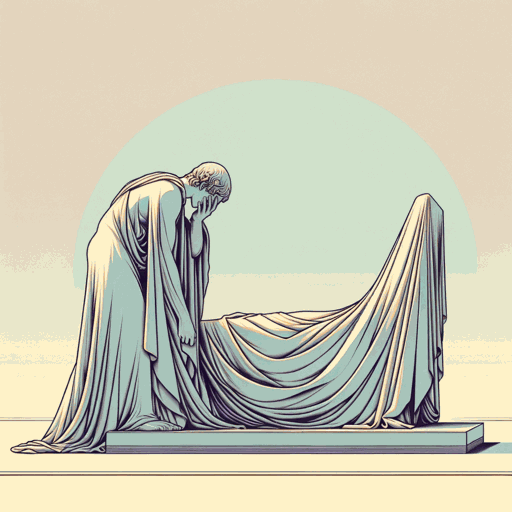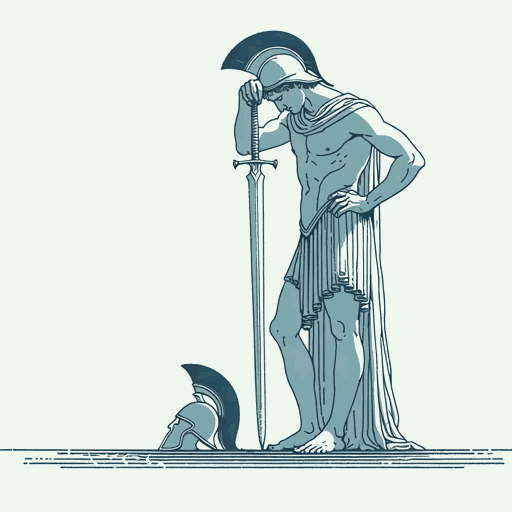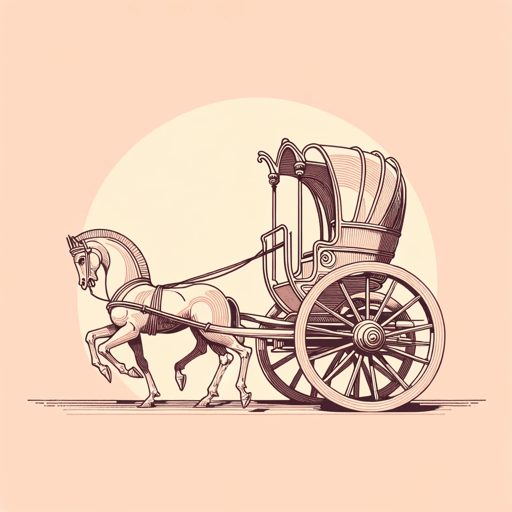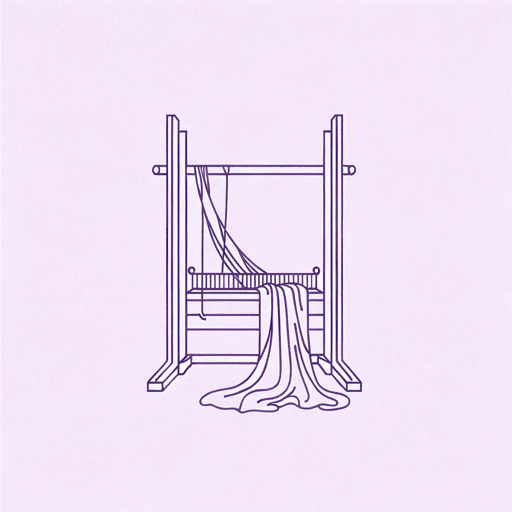71 pages • 2 hours read
SophoclesAntigone
Fiction | Play | Adult | BCEA modern alternative to SparkNotes and CliffsNotes, SuperSummary offers high-quality Study Guides with detailed chapter summaries and analysis of major themes, characters, and more. For select classroom titles, we also provide Teaching Guides with discussion and quiz questions to prompt student engagement.
Important Quotes
“Ismene, my own true sister, O dear one, / Sharing our common bond of birth, do you know / One evil left to us by Oidipous, / Our father, that has not been brought down on / The two of us by Zeus, while we still live?”
(Scene 1 and 1st Ode, Lines 1-5)
In Antigone’s first lines, she reveals several facets of her character. First, she is shown to honor her family, calling her sister “true” and “dear one.” She also acknowledges the doom that her family has brought her and her inability to cope with the unfair conditions of her life. Her honorable response to the ill fate of her family in attempting to bury her brother will bring about all the events of the play that follow.
“I will commit a holy crime, for I / Must please those down below for a longer time / Than those up here, since there I’ll lie forever.”
(Scene 1 and 1st Ode, Lines 91-93)
Antigone understands that to follow divine law, she must break human law. In her oxymoron “holy crime,” Antigone reveals the conflict between divine and human law—her crime, even though it is unlawful, is holy. In justifying her actions as pleasing the dead and the gods of the underworld, Antigone shows where her ultimate values lie and foreshadows the fact that she will die for this act.
“It's wrong to go hunting for what's impossible.”
(Scene 1 and 1st Ode, Line 106)
Rationalization, the justification of unjust actions based on illegitimate arguments, is a consistent problem Antigone must face in arguing her case for the just burial of her brother. Here, Ismene provides an example of such rationalization, couching her unwillingness to assist Antigone in a moral argument. Antigone, however, will prove that even though she does something legally wrong, she acts morally.
Related Titles
By Sophocles







